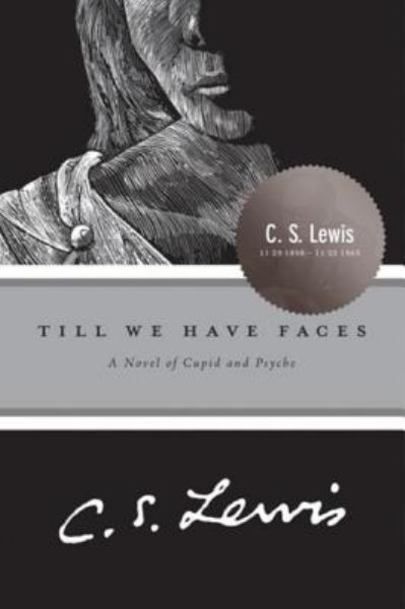Benjamin Hollon reviewed Till We Have Faces by C. S. Lewis (A Harvest/HBJ book)
Review of 'Till We Have Faces' on 'Goodreads'
5 stars
This is one of the best books I have ever read. The old Greek myth of Cupid and Psyche has been perfectly retold by Lewis.
The story is told from the point of view of Psyche's oldest sister. Yes, that is the sister that tricks Psyche into doubting her husband and disobeying his command. It's really interesting and powerful to see the sin from the point of view of the sinner.
This is one of the best books I have ever read. The old Greek myth of Cupid and Psyche has been perfectly retold by Lewis.
The story is told from the point of view of Psyche's oldest sister. Yes, that is the sister that tricks Psyche into doubting her husband and disobeying his command. It's really interesting and powerful to see the sin from the point of view of the sinner.


